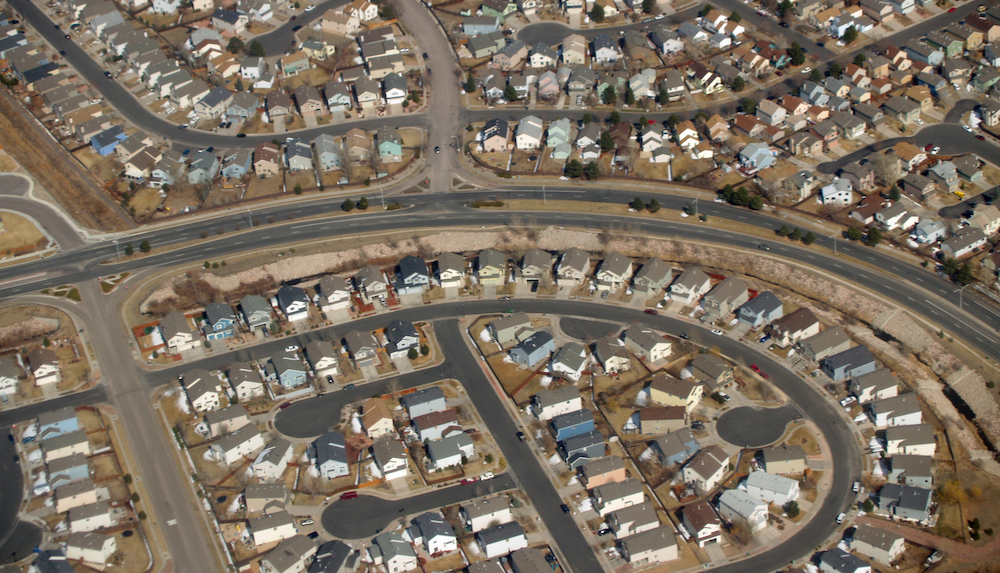The non-profit organization EcoDistricts has launched EcoDistricts Protocol, a process-based framework and performance standard that empowers sustainable neighborhood- and district-scale urban development.
The Protocol is structured around three core areas:
- Three Imperatives: Social, economic, and environmental sustainability is at the center of neighborhood initiatives. These include Equity, Resilience, and Climate Protection.
- Six Priorities: Six rigorous goals, 49 objectives, and 94 indicators are used to scope and define a district’s sustainability agenda. These include: Place, Prosperity, Health + Wellness, Connectivity, Living Infrastructure, and Resource Restoration.
- Three Implementation Phases: A framework sets the conditions for sustained, scalable, outcomes that address the Protocol’s Imperatives and Priorities and meet the specific needs of the district over time. These phases include Formation, Roadmap, and Performance.
“The EcoDistricts Protocol represents an important tool to help city leaders think about sustainability in an integrated way and at a scale that is truly effective,” said Joel Mills, senior director, Communities by Design, The American Institute of Architects. “Using the EcoDistricts Protocol, cities can build momentum for scalable change that transforms urban sustainability and positions communities for success in the 21st century.”
Related Stories
| Aug 8, 2013
Bipartisan bill would strengthen model building codes to boost energy efficiency
The Energy Savings and Industrial Competitiveness Act, a bipartisan U.S. Senate bill, would strengthen model building codes to make new homes and commercial buildings more energy efficient.
| Aug 2, 2013
Design of world’s tallest wood skyscraper would be more sustainable than steel alternative
Architecture firm C. F. Møller has proposed building the tallest wooden building in the world in Stockholm, Sweden.
| Aug 2, 2013
Texas law expected to help reduce construction payroll fraud
Texas lawmakers want to get tough on construction companies that commit a certain form of payroll fraud, passing a new law recently signed by Gov. Rick Perry.
| Aug 2, 2013
Surveys show parking space requirements far in excess of what is necessary
Officials in the Northwest’s large metropolitan areas have sent survey takers out at night through apartment and condominium lots and garages, recording empty and full spaces, and comparing their tallies with the number of apartments.
| Aug 2, 2013
Netherlands Institute of Ecology built to zero waste principles
The Netherlands Institute of Ecology was designed and built to be the most sustainable building in Holland and incorporate the zero waste principles of Cradle-to-Cradle design.
| Aug 2, 2013
Threat of more powerful coastal storms could curtail development
Led by Stanford University’s Natural Capital Project, researchers mapped the intensity of hazards posed to communities living along America’s coastlines from rising seas and ferocious storms now and in the decades to come.
| Jul 26, 2013
AGC launches new coalition to help bring tax relief to construction sector
Associated General Contractor of America (AGC) has launched the Coalition for Fair Effective Tax Rates to bring tax relief to the construction sector.
| Jul 26, 2013
Legislation would revamp federal contracting policy impacting small design and construction firms
Legislation was introduced in the U.S. House of Representative this month to ban reverse auctions when an agency determines small businesses are qualified to bid on the solicitation.
| Jul 26, 2013
Detroit’s problems may make blue infrastructure codes more likely
The City of Detroit’s financial problems may make it more likely to adopt blue infrastructure standards.
| Jul 26, 2013
Cities should reconsider rooming houses to build affordable housing stock, says expert
Building codes have effectively outlawed the bottom end of the private housing market, driving up rents on everything above it, argues the Sightline Institute's Alan Durning.

















